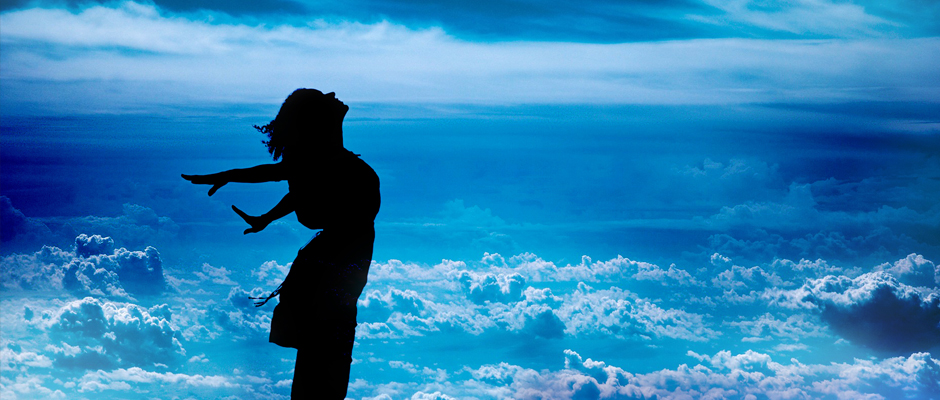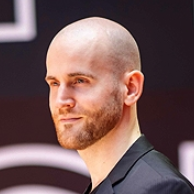Women’s stories have a great oral tradition. Many fairytale characters such as Little Red Riding Hood, Snow White and Cinderella exist in our collective consciousness precisely because they were passed down by women. In contrast, it was mainly men who wrote down stories. The female adventurer (embodied, for example, by the Egyptian goddess Isis) is a very important archetype, but one that seems to have died out thousands of years ago. In western civilization, stories have since been dominated by male heroes, and this is especially visible in our heroic male movie characters, without a suitable female counterpart.
How to develop a main character.
But right now we are experiencing a turning point, because strong female characters are celebrating a comeback with film adventures such as AVATAR, INSIDE OUT or MALEFICENT. The return of the heroine’s journey in storytelling is a silent revolution. I would like to take this opportunity to present my general top 11 best female movie characters:
| Character | Movie |
| Clarice Starling | THE SILENCE OF THE LAMBS |
| Annie Hall | ANNIE HALL |
| Leia Organa | STAR WARS |
| Ellen Ripley | ALIEN 2 |
| Holly Golightly | BREAKFAST AT TIFFANY’S |
| Neytiri | AVATAR |
| Imperator Furiosa | MAD MAX: FURY ROAD |
| Elle Woods | NATURALLY BLOND |
| Kathryn Merteuil | CRUEL INTENTIONS |
| Hermine Granger | HARRY POTTER AND THE DEATHLY HALLOWS |
| Diana Prince | WONDER WOMAN |
Of course, these are not all classic heroines, because a strong character does not always have to be a heroic character. But if it’s not about physical fitness or superpowers, then what constitutes a character’s strength?
Goals make movie characters strong
The development of strong main characters – both women and men – is usually already laid out in the script, but there are exceptions. The main way to measure a character’s strength is where they’re going in the story, not by their emotional depth or physical strength: a strong character knows what they want. On the other hand, weak characters – in stories as in real life – are particularly characterized by their passivity.

Writing characters means developing characters
The character arc or character development has a beginning and an end. The beginning of the character arc is the character’s weakness, which shows up again and again as the story progresses. At the end of the development comes the knowledge of the character, which enables her to take new action. In doing so, she proves that she has changed.
However, many characters are perfect as they are, without changing. James Bond, Santa Claus or Superman are such characters. They don’t need depth to work. On the contrary – most attempts to give them this depth have changed them beyond recognition. In stories with perfect main characters, there is still a development, namely that of at least one additional character. The transformation of the central character, on the other hand, is not absolutely necessary to tell a story.
Movie Characters and the Bechdel Test
A very simple tool for examining the portrayal of women in films is the Bechdel test. It was named after a comic strip by American artist Alison Bechdel. If a film features at least two women talking to each other about something other than a man, it passes the test.
The test says nothing about whether the female characters are strong or weak, it is about the sheer presence of women in the media. I don’t think it makes sense to check individual works to see if they fail the test. On the other hand, to show overall tendencies in film production.
If you want to read more, here are some film-related topics:
- Myth & Mythology
- Toxic Realism
- The Mainstream
- Arthouse Aesthetics
- Movie Diversity
- German Movies
- Movies without Screenplay
- Movies without Story

A few words about me: As a Writer-Director, I write my own stories. I wrote the eBook The Ultimate Reading Guide for students as a learning aid. I also give Writing Seminars and Film Workshops.
